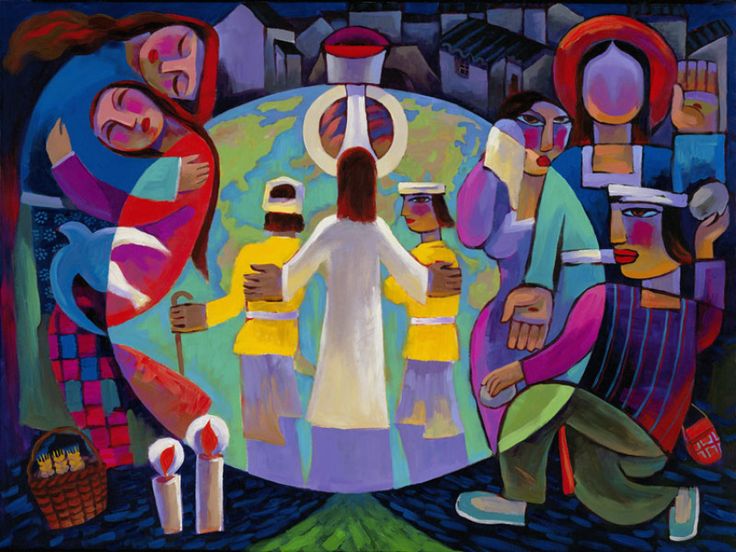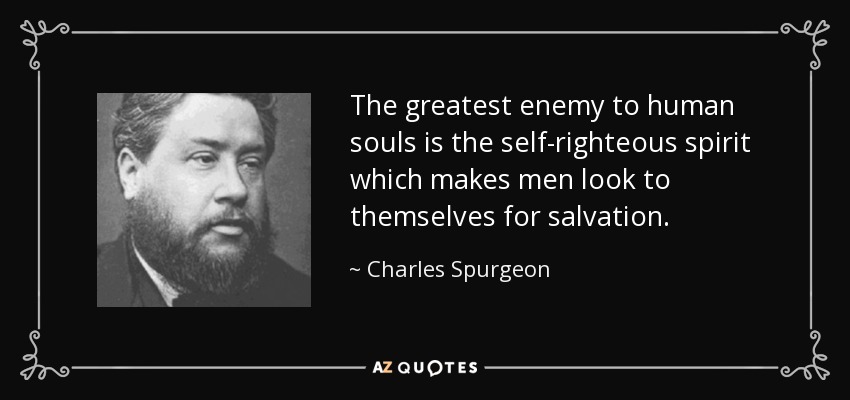Lenten Devotional – FRIDAY, Mar 26: ON MY ACCOUNT
Here is another phrase that means for righteousness’ sake. Christ blesses, specifically, those who experience insults, libel, slander, being reviled and/or persecuted, because they love and follow in his Way. He addresses those who now identify as his followers and disciples. Yet he also addresses seekers who are curious and engaging with his Way. Who, […]



